"Deepika Padukone is asking for an 8-hour shift now but Kajol & Rani did it way earlier": Siddharth P Malhotra
Director Siddharth P. Malhotra, known for films like Hichki and We Are Family, has now weighed in on the Deepika Padukone-Sandeep Reddy Vanga controversy, and he's making it clear where he stands.
Published: Tuesday,Jun 03, 2025 12:00 PM GMT-06:00
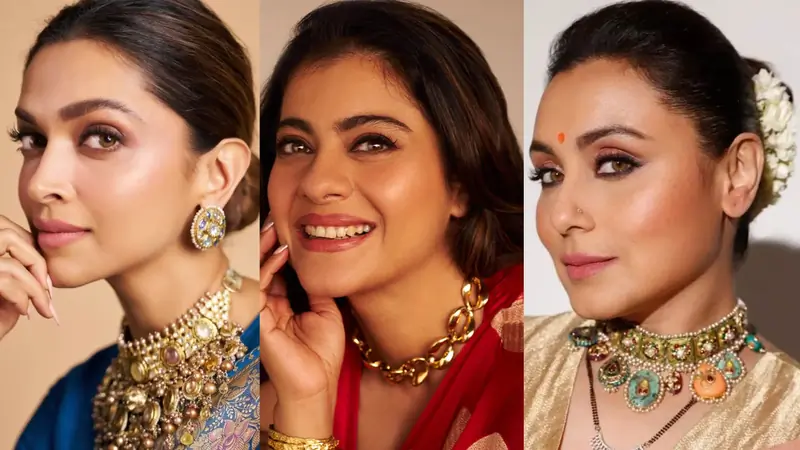
The recent buzz around Deepika Padukone's exit from Sandeep Reddy Vanga's upcoming film Spirit has reignited the conversation around working conditions in Bollywood, especially when it comes to accommodating actors who are also parents. Reports claim that Padukone, who is currently embracing parenthood had requested an eight-hour workday on the sets of Spirit, a condition that reportedly did not align with the film's demanding schedule. Eventually, she opted out of the project, and speculation around the cause of her departure has since spiraled into a broader debate about work-life balance in the Indian film industry.
Director Siddharth P. Malhotra, known for films like Hichki and We Are Family, has now weighed in on the issue in a recent interview with News 18, and he's making it clear where he stands. "I have only worked with actors who prefer 8-hour shifts," Malhotra said. "Rani Mukerji, for example, only works for 8 hours. She was very clear, even back in 2018 while we were shooting Hichki, that she wanted to be home when her daughter Adira woke up. She would report on set by 7:00 or 7:15 AM, we'd roll the first shot by 8:00, and by 12:00 or 2:00 PM, we'd be packed up."
Malhotra's approach isn't new, and it's not gender-specific either. He highlights that even a decade ago, top actresses like Kajol were firm about their schedules. "Even Kajol, during my first film, We Are Family in 2010 with Dharma Productions, gave just one shift. That was her condition; she had to be there for her family. I've never seen that as a problem. It's entirely possible to function with a single shift, whether you're an actor or a director. It's on us as makers; if we want a particular talent and believe they bring value to our film, we make it work."
According to sources close to Spirit, Padukone's request for limited hours stemmed from her desire to balance motherhood with professional commitments. While Sandeep Reddy Vanga has not commented directly on the issue, industry insiders suggest that the director's style of filmmaking, which often involves intense, extended schedules, may not have been compatible with Padukone's current priorities.
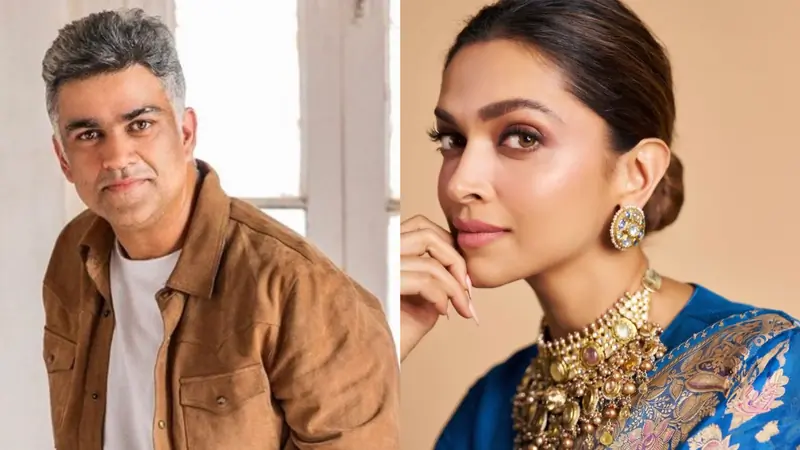
Malhotra, however, views this as a non-issue if approached with mutual understanding. "Deepika is being spoken about now, but let's be clear: she's setting boundaries for her family, not for leisure or partying. People have done this before. Kajol did it in 2010, Rani did it in 2018. It's not new. And I respect it." This respectful stance starkly contrasts with the criticism often levied at female actors who set boundaries post-motherhood, while male actors receive little scrutiny for similar decisions. Recently, actress Radhika Apte stated in an interview that Bollywood isn't conducive to the needs of working mothers, something Malhotra gently disagrees with.
"I don't entirely agree. I believe it varies from producer to producer and person to person. I've worked with YRF and Dharma, and they've been very respectful of the one-shift rule." He points out that several current actors, including male leads, also prefer shorter workdays.
"I'm also working with actors now who only work for 6 or 7 hours a day. They are upfront about it, and if you want to work with them, it's your choice. They tell you before the shoot begins, 'This is how I will work' and then it's on you to decide." Malhotra also challenges the notion that such flexibility is exclusive or exceptional for women.
"I believe the rules are the same for men and women. Shah Rukh Khan says he wants four holidays. Akshay Kumar has openly said he doesn't work on Sundays. Many male stars work only 6 or 8 hours or even 3 hours sometimes. It's about prerogative and mutual respect." Beyond the star actors, he emphasizes that this principle should extend to everyone involved in the filmmaking process. "It's the same for technicians, for any working parent, not just actors. Everyone has the right to set their boundaries. You can choose whether or not you want to collaborate."
"Maybe his film Spirit required a different commitment. I can't speak on his behalf. But if tomorrow Deepika tells me, 'One shift,' I'll say, 'Yes, we'll make it work."
- Siddharth. P. Malhotra
On the subject of Sandeep Reddy Vanga, who has previously directed intense, emotionally charged films like Kabir Singh and Animal, Malhotra refrains from criticism. "As for Sandeep Reddy Vanga, he's a big director. Why should I say anything about his process? That's his choice. I'm a director too, and I've worked with actors who give me one shift, or even less than a shift and I've never complained. Maybe his film Spirit required a different commitment. I can't speak on his behalf. But if tomorrow Deepika tells me, 'One shift,' I'll say, 'Yes, we'll make it work." In Malhotra's view, it ultimately comes down to respect and collaboration, not rigid structures.
"This is not about rules being different. I'm 100% sure the rules are the same for men and women. It just depends on the person, the project, and what works best for both parties." Meanwhile, after the whole fiasco, Triptii Dimri was roped in for Spirit, who has already collaborated with Vanga in Animal, and the film will be on floors soon, co-starring Prabhas.
Join Our WhatsApp Channel
Stay updated with the latest news, gossip, and hot discussions. Be a part of our WhatsApp family now!
Join NowYour reaction
 Nice
Nice Great
Great Loved
Loved LOL
LOL OMG
OMG Cry
Cry Fail
Fail







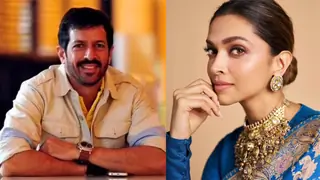




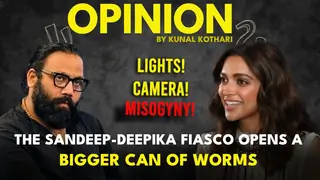
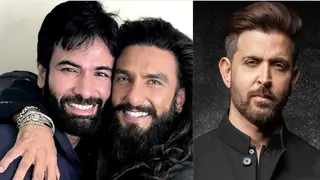








3 Comments